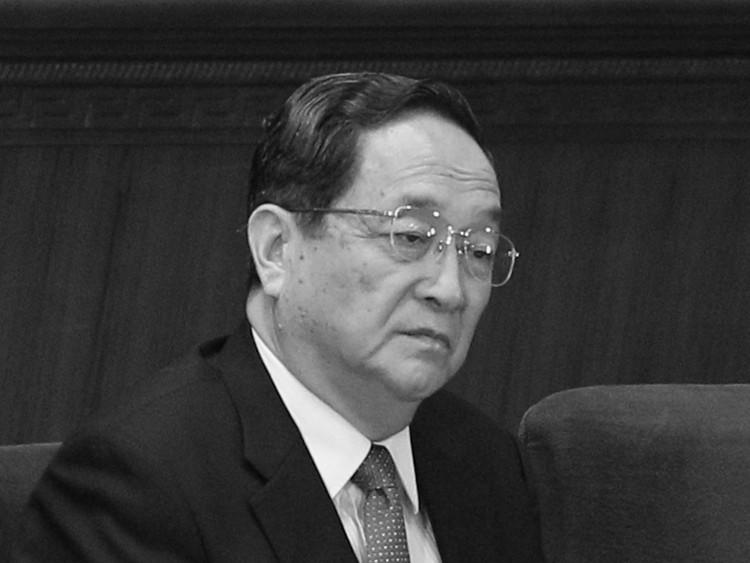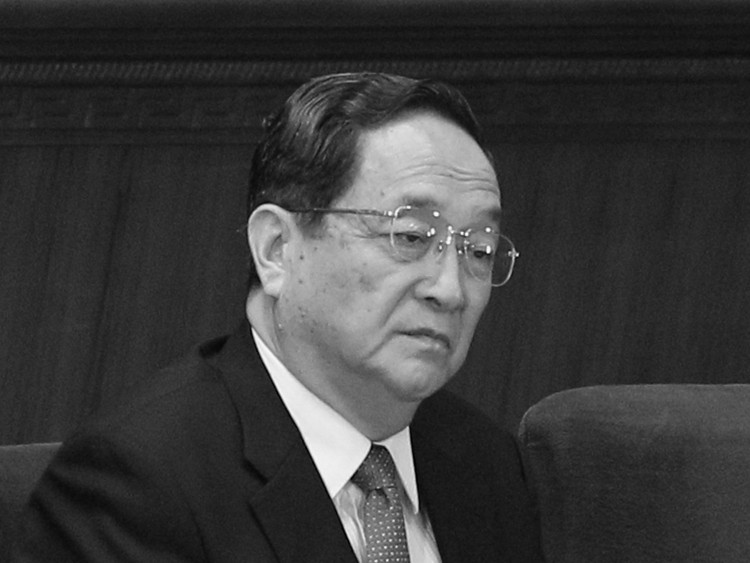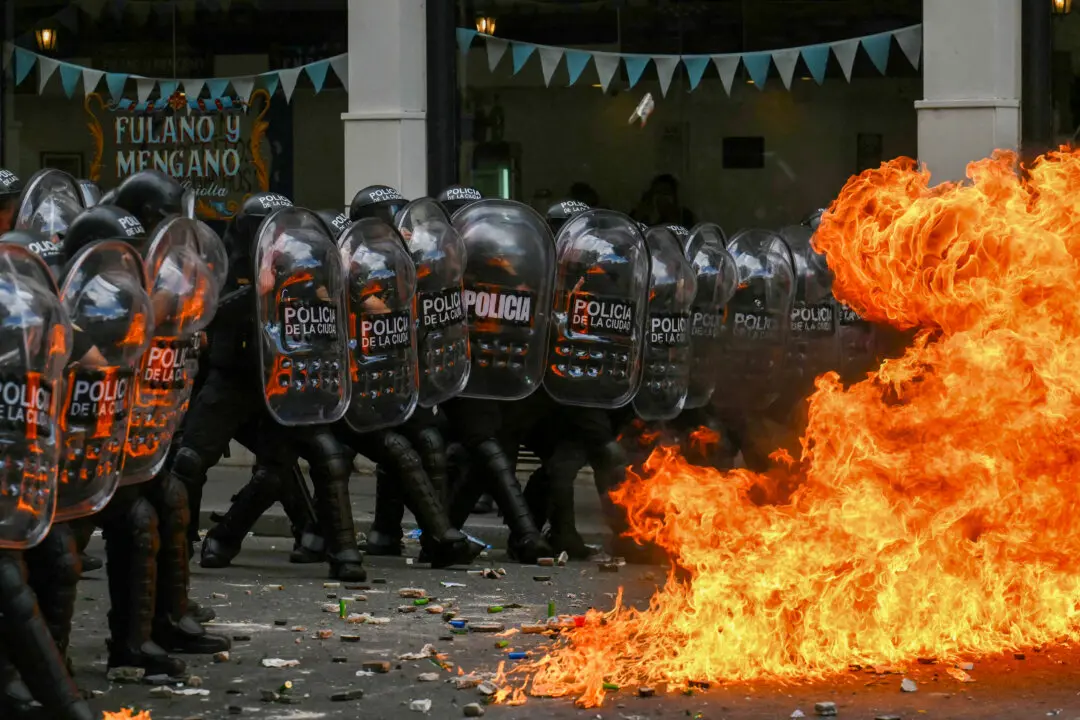On Nov. 15 a new Standing Committee of the Politburo of the Chinese Communist Party was revealed. Apart from the Party leader Xi Jinping, and his deputy and head of economic affairs Li Keqiang, five names were relatively new. Yu Zhengsheng is one of them.
Yu Zhengsheng, born in April 1945 in Shaoxing, Zhejiang Province, was able to join the 18th Party Congress Politburo Standing Committee at the near retirement age of 68. He has a prominent communist family background and extensive political connections. Yu is expected to be the Party Secretary and Chair of the Chinese People’s Political Consultative Conference, a Party-led advisory body.
Yu Zhengsheng’s father, Yu Qiwei (also known as Huang Jing), first introduced Mao Zedong’s wife, Jiang Qing, whose original name was Li Yunhe, to the Party. Yu Qiwei and Jiang Qing had previously lived together.
Yu Zhengsheng is said to play a leading role in the princeling community--the children of former revolutionary heroes under Mao--secondary only to Zeng Qinghong.
In October 1982, Yu Zhengsheng’s older brother Yu Qiangsheng defected to the United States and exposed Jin Wuji, a Chinese spy who had hidden in the United States undetected for decades. China’s spy network in the United States was almost completely wiped out because of this, and Yu Zhengsheng’s career was also disrupted as a consequence. He only recovered after Deng Pufang, son of former leader Deng Xiaoping, helped him to regain his previous status.
Jiang Zemin Ties
Yu Qiwei has also been a mentor to former Party head Jiang Zemin, and both Yu and his son have been Jiang’s great benefactors. Jiang Zemin was able to overthrow his political rivals, the Yang brothers, by relying on ties between Yu Qiwei’s and Deng Xiaoping’s families.
In the early days Jiang frequently utilized Yu Zhengsheng, who was promoted to deputy director of the Ministry of Electronics Industry Program. In 1989, after Jiang Zemin came to power, Yu Zhengsheng was even promoted from Mayor and Party Secretary of Qingdao city to the Politburo and Party Secretary of Shanghai, which was controlled by Jiang’s loyal faction members known as the “Shanghai Gang.” Thus Yu effectively became the “backdoor gatekeeper” for Jiang Zemin.
However, the past few years as secretary of the Shanghai Municipal Party Committee have proved the most trying time of Yu’s political career. Several well-publicized scandals, such as the Yang Jia police murder case in 2008 and the Shanghai apartment fire in 2010, battered him politically.
As a member of the Jiang faction, Yu Zhengsheng was also a supporter of Bo Xilai, the disgraced former Chongqing Party head. But Yu eventually changed his position from promoting Bo and singing his praises to mercilessly denigrating Bo after the Wang Lijun incident in February. Yu successfully protected his career by keeping his distance from Bo and Jiang’s “Shanghai Gang,” which, in turn, has damaged Jiang’s faction.
Editor’s Note: When Chongqing’s former top cop, Wang Lijun, fled for his life to the U.S. Consulate in Chengdu on Feb. 6, he set in motion a political storm that has not subsided. The battle behind the scenes turns on what stance officials take toward the persecution of Falun Gong. The faction with bloody hands—the officials former CCP head Jiang Zemin promoted in order to carry out the persecution—is seeking to avoid accountability for their crimes and to continue the campaign. Other officials are refusing to participate in the persecution any longer. Events present a clear choice to the officials and citizens of China, as well as people around the world: either support or oppose the persecution of Falun Gong. History will record the choice each person makes.
The Epoch Times publishes in 35 countries and in 19 languages. Subscribe to our e-newsletter.
Click www.ept.ms/ccp-crisis to read about the most recent developments in the ongoing crisis within the Chinese communist regime. In this special topic, we provide readers with the necessary context to understand the situation. Get the RSS feed. Who are the Major Players?






